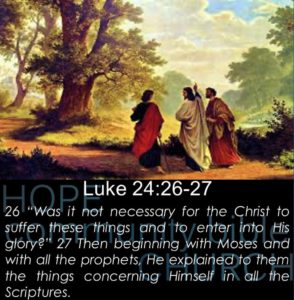
Resurrection of Christ as Fulfilment of OT Prophecy of Salvation. BADR 5
Kairos Podcast Series 8: Biblical Anthropology, Death and Resurrection (BADR Part 5)
Question: How is the hope of Israel that believers will be resurrected and enjoy the eternal presence of God related to the resurrection of Christ?
God’s covenant was the promise and fulfillment of Israel’s hope of resurrection:
1) God’s promise of covenantal inheritance in his covenant with Abraham and his descendants. “And I will establish my covenant between me and you and your offspring after you throughout their generations for an everlasting covenant, to be God to you and to your offspring after you” (Gen. 17:7).
2) The qualifier “everlasting covenant to be God to you and to your offspring” points to the eternal salvation of the person who believed in God. “God is everlasting, the promised inheritance under the covenant consists of reconciliation to this eternal God, and it is therefore only to be expected that God’s elect should continue to exist in fellowship with Him.” (Barton Payne)
3) The resurrection of Christ is fulfilment of God’s covenant promise of salvation. The everlasting covenant promise and eschatological hope of Israel is the necessary framework to understand Christ’s resurrection. Conversely, Christ’s resurrection proleptically realized the eschatological promise of the covenant.
Acts 2: 23-24 The keynote in Peter’s first sermon on the day of Pentecost: “this Jesus, delivered up according to the definite plan and foreknowledge of God, you crucified and killed by the hands of lawless men. God raised him up, loosing the pangs of death, because it was not possible for him to be held by it.” // Psa. 16:8-11
Acts 2: 27 – “For you will not abandon my soul to Hades, or let your Holy One see corruption. Peter saw this fulfilled literally in Jesus’ resurrection from the grave after only three days. He died as the Scriptures revealed He would (according to the Scriptures)”.
You can view the video at –
Resurrection of Christ as Fulfilment of OT Prophecy of Salvation. BADR 5
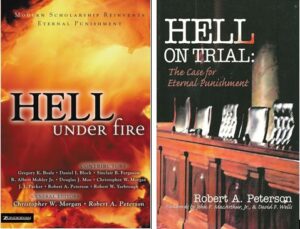 ———————–
———————–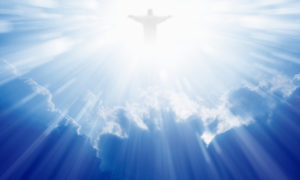

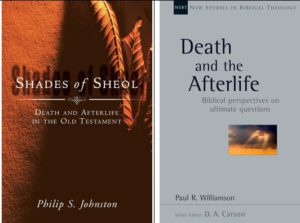

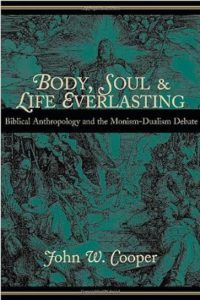 Death, Resurrection and Life Everlasting – DRLE Pt.1
Death, Resurrection and Life Everlasting – DRLE Pt.1